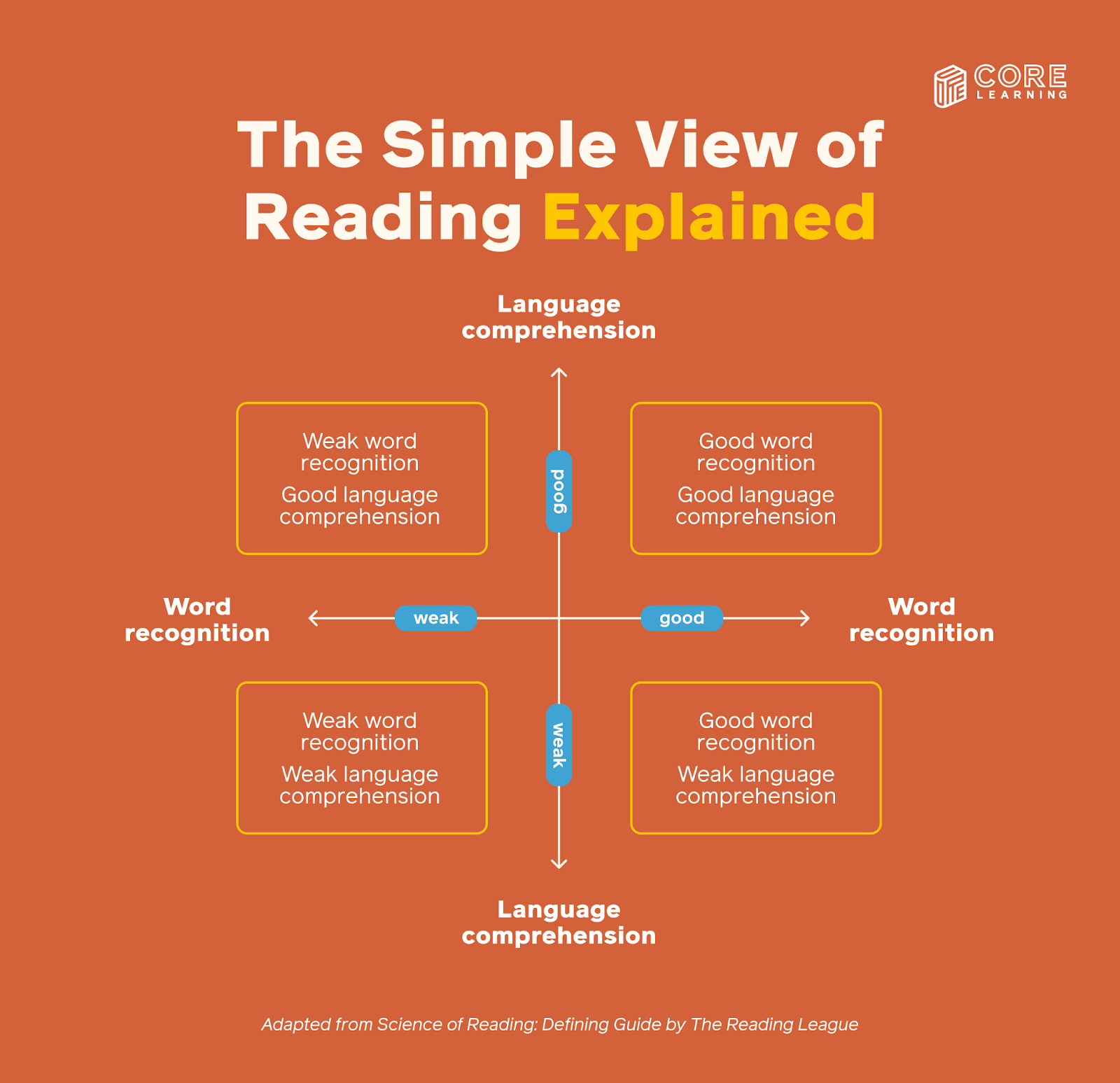Reading comprehension is a crucial skill that allows individuals to understand, interpret, and evaluate written text. It goes beyond simply recognizing words on a page; it involves processing information, making connections, and deriving meaning from what is read. Strong reading comprehension skills are essential for academic success, as well as for everyday tasks such as following instructions, learning new concepts, and making informed decisions.
Effective reading comprehension requires not only the ability to understand individual words and sentences but also to grasp the overall meaning and purpose of a text. It involves actively engaging with the material, asking questions, and making inferences based on the information presented. By developing strong reading comprehension skills, individuals can better analyze and evaluate texts, synthesize information, and draw conclusions.
Reading Comprehension Explained
Reading comprehension can be broken down into several key components. These include vocabulary knowledge, fluency, and the ability to make connections between ideas. When reading a text, it is important to have a strong grasp of the vocabulary used, as well as the ability to read fluently and comprehend the meaning of the words. Additionally, making connections between different parts of a text, as well as relating the information to personal experiences or prior knowledge, can enhance understanding.
One effective strategy for improving reading comprehension is to actively engage with the text while reading. This can involve asking questions, summarizing key points, and making predictions about what will happen next. By actively participating in the reading process, individuals can better retain information, identify main ideas, and understand the author’s purpose and perspective.
Another key aspect of reading comprehension is the ability to analyze and evaluate texts critically. This involves assessing the credibility of the information presented, identifying biases or assumptions, and drawing logical conclusions based on evidence. By developing critical reading skills, individuals can become more discerning readers and better able to navigate the vast amount of information available in today’s world.
In conclusion, reading comprehension is a complex skill that involves more than just recognizing words on a page. It requires active engagement with the text, the ability to make connections and inferences, and critical thinking skills. By developing strong reading comprehension skills, individuals can improve their understanding of texts, think more critically, and become more informed and effective communicators.
